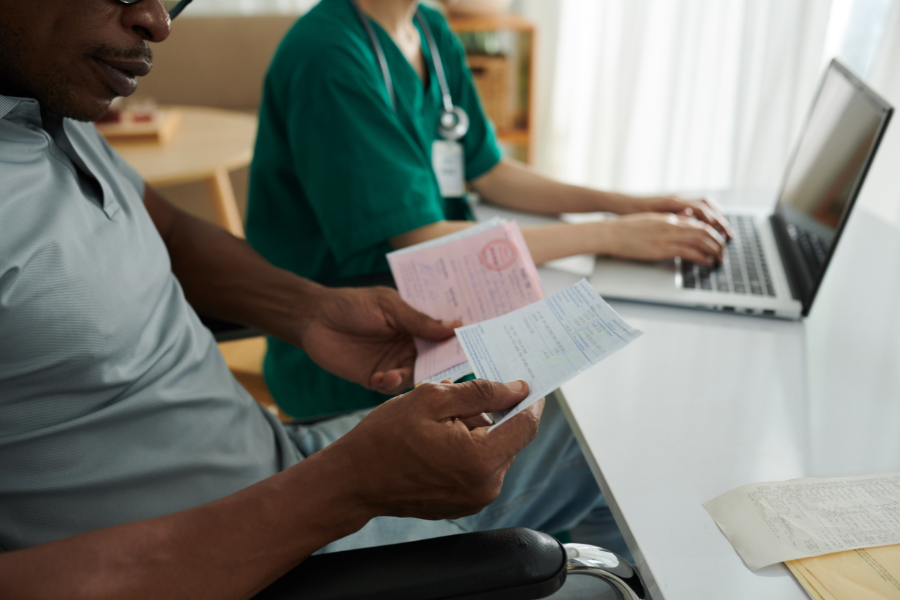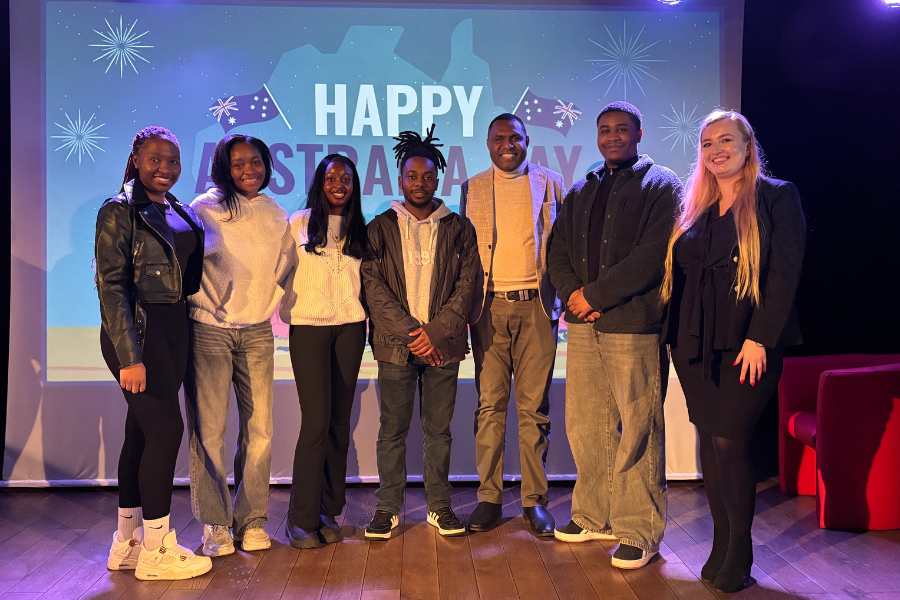We warmly invite you to the the 3rd Scientific Seminar of the College of Medicine. From January 4-6 our University will host Professors Francisco Sessa and Massimiliano Esposito as lecturers.
04.02.2025 (Tuesday), hr. 10:00, Lecture room KM116
III Seminarium Naukowe Kolegium Medycznego
„Artificial Intelligence in Forensic Sciences” – Francesco Sessa
„Crime scene investigation: new technologies for the forensic pathologist” – Massimiliano Esposito
05.02.2025 (Wednesday), hr. 10:45, Senate room
„Introduction to Forensic Genetics” – Francesco Sessa
05.02.2025 (Wednesday), hr. 15:15, Lecture room KM17
„Autopsy evidence in forensic pathology” – Massimiliano Esposito
06.02.2025 (Thursday), hr. 13:35, s Lecture room KM16
„Crime Scene Investigation” – Francesco Sessa
Prof Massimiliano Esposito is a doctor with a postgraduate specialisation in forensic medicine, which he obtained with distinction. He is currently working at the Faculty of Medicine and Surgery of Enna ‘Kore’ University. His expertise includes areas such as forensic pathology and histopathology, bioethics and penitentiary medicine. He has served as a technical consultant and forensic medicine expert in high-profile cases in several Italian courts. In addition, he taught forensic pathology and crime scene investigation at the Faculty of Medicine of Charles University in Prague. His recent projects include the study of histopathological markers in forensic medicine, the study of the penitentiary system and new technologies in crime scene investigation.
Prof Francesco Sessa is a respected researcher and academic specialising in forensic science, forensic medicine and genetics. He is currently working at the ‘G.F. Ingrassia’ Department of Medical, Surgical and Advanced Technologies at the University of Catania. In addition, he has served as a technical consultant and forensic medicine expert in high-profile cases in many Italian courts. His expertise covers areas such as forensic genetics, toxicology and pathology, with a particular focus on understanding molecular biomarkers and their medico-legal implications. His recent projects include pioneering research into applications of artificial intelligence in forensic genetics and miRNA disruption in brain injury.


